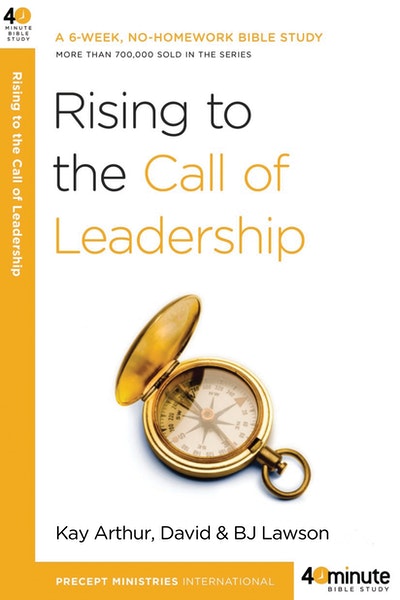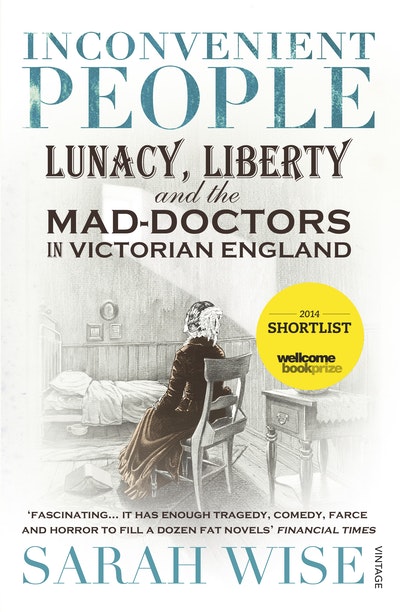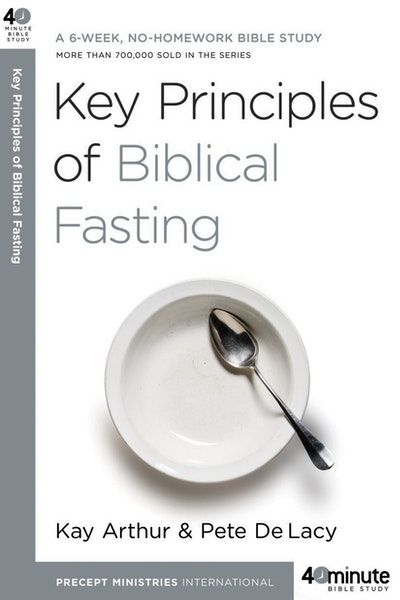The Italian Boy
Murder and Grave-Robbery in 1830s London
- Published: 31 December 2012
- ISBN: 9781448162246
- Imprint: Vintage Digital
- Format: EBook
- Pages: 368
Colourful without being sensationalist, the result is compelling
Andrew Holgate, Sunday Times
Brilliant
Christopher Hirst, Independent
Excellent...an impressively strong sense of 19th-century poverty seems to ooze from its pages and the details are fascinating
Toby Clements, Daily Telegraph
Engrossing...Wise exposes an entire "resurrection community" in London's underworld and shows how "The Italian Boy case" captured the public imagination
Ian Pindar, Guardian
A work of great skill and sympathy
Peter Ackroyd, The Times
Written with flair and plentifully illustrated
Michel Faber, Guardian
A gruesome and gripping study
Mark Sanderson, Sunday Telegraph
Wise handles her sources with delicacy and rigour... she can take credit for the lease smug and self-congratulatory book ever written on 19th century slum life
Matthew Sweet, Sunday Times
This is a terrific piece of social history
Gilda O’Neill, Sunday Express
Wise has brilliantly reconstructed the social histories of the period...The Italian Boy is a lip-smacking, gruesome joy from beginning to end
Roger Clarke, Independent
Wise has brilliantly combined a scalp-tingler with a scholarly account...It is exceptionally well organised, rich in data and hard to put down
Edward Pearce, Glasgow Herald




